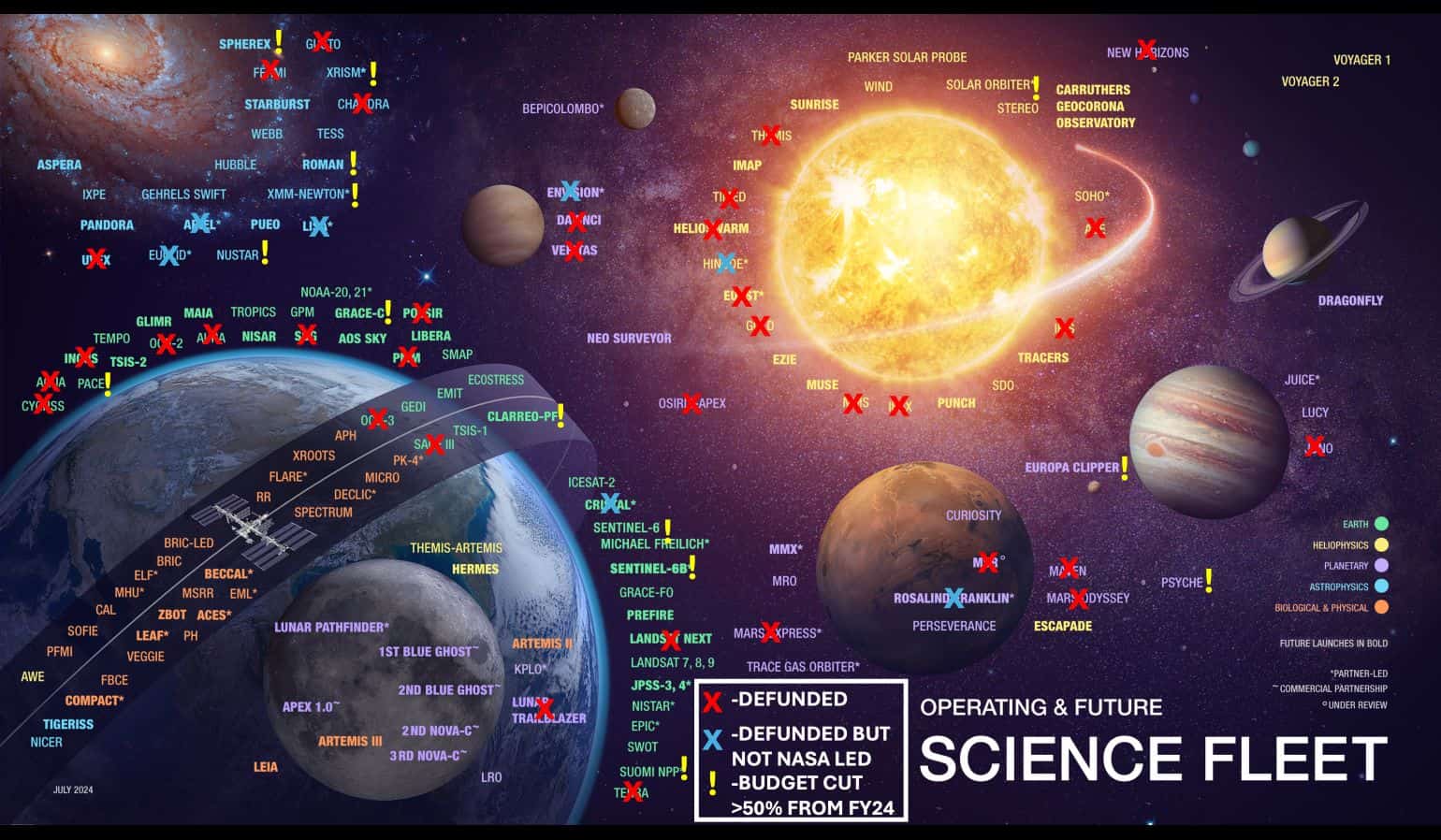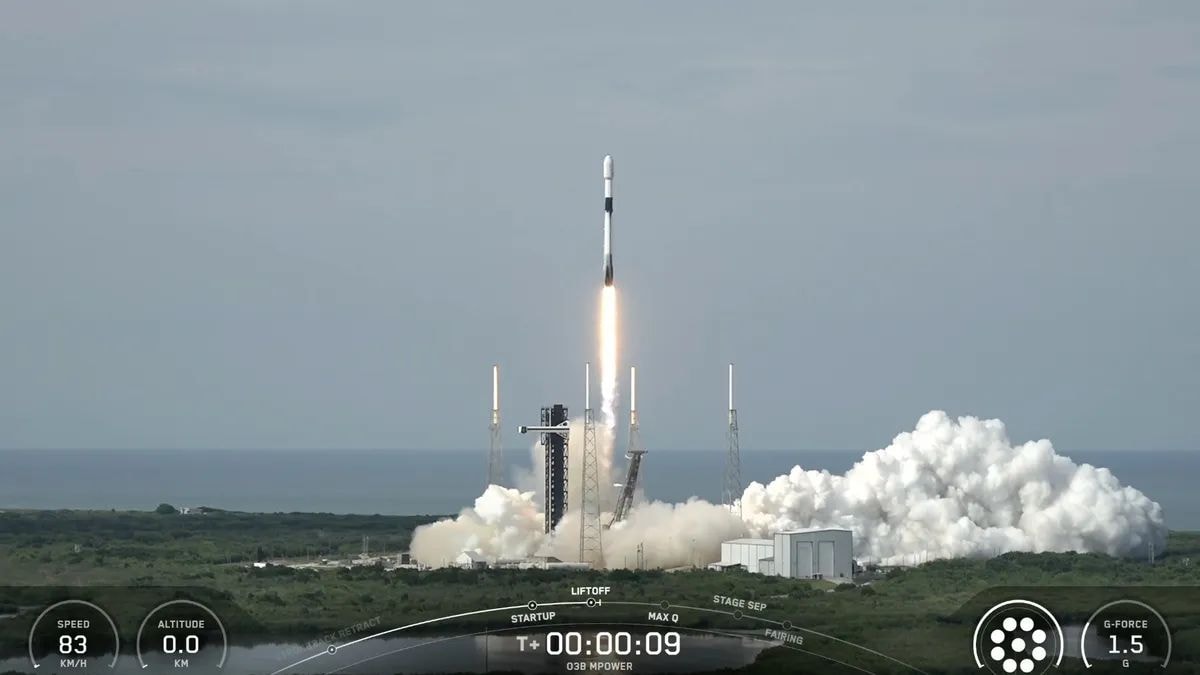Meta has unveiled a new artificial intelligence system called ‘Make-A-Video’ that will allow users to generate short video clips by entering a text description of the desired scene. The announcement follows the company’s recent advancements in generative technology research, which seeks to give creators more creative control over artificially intelligent image generation. With the announcement, Meta has taken the technology a step further by including text-to-video generation capabilities apart from text-to-image. However, the company is yet to release access to users for the model.
The prompt-generated videos are five seconds or shorter and would contain no audio. However, Meta claims that a wide range of prompts is supported by the model.
Meta, while making the announcement through a blog post, stated that in a commitment to ‘open science’ it will be sharing details of the research behind the latest artificial intelligence generative technology while also confirming its plans to release a demo experience for users.
Generative AI research is pushing creative expression forward by giving people tools to quickly and easily create new content,” said Meta in a blog post announcing the work. “With just a few words or lines of text, Make-A-Video can bring imagination to life and create one-of-a-kind videos full of vivid colors and landscapes,” added the parent company to Facebook and Instagram.
In the research paper describing the model at work, the company notes that ‘Make-A-Video’ demo model utilises pairs of images, captions, and unlabeled video footage sourced from WebVid-10M and HD-VILA-100M datasets that includes stock video footage created by sites like Shutterstock and scraped from the web that together spans hundreds of thousands of hours of footage.
Meta CEO Mark Zuckerberg took to Facebook to describe the work as “amazing progress,” while adding that “it’s much harder to generate video than photos, because beyond correctly generating each pixel, the system also has to predict how they’ll change over time.”
However, there have been concerning issues raised around AI generative media, with some suggesting that it could lead to a rise in misinformation, propaganda, and non-consensual pornography, as seen in the case of AI image generative systems and deepfakes, according to a report by The Washington Post. Meta says it wants to be “thoughtful” about how they build such generative models and hence plans to limit access to them. However, a timeline on the demo experience and clarity on how access would be limited is yet to be known.





